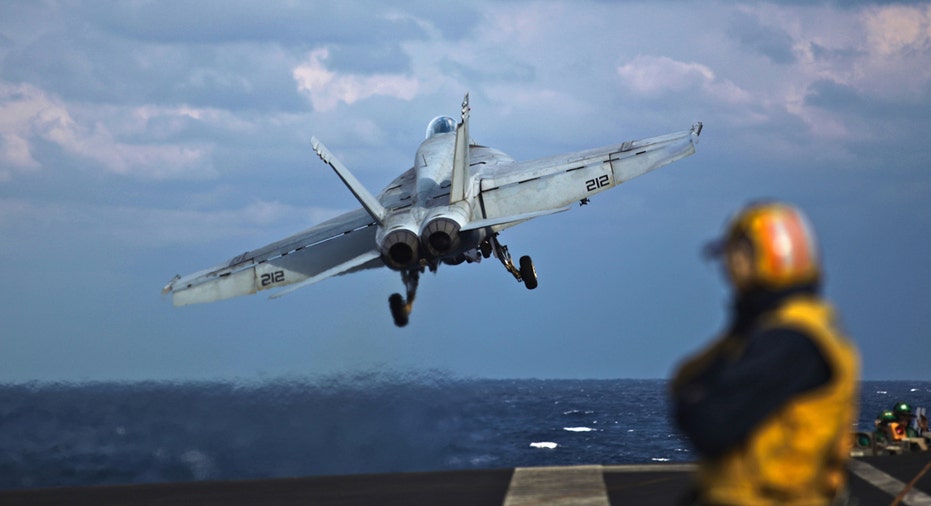Canada's swipe at Boeing jets could open way for European rivals

Canada’s decision to shun Boeing Co (NYSE:BA) jets could open the way for European rivals seeking to supply new fighters, assuming the government can sort out major procurement challenges, three sources familiar with the matter said on Wednesday.
Canada is scrapping a plan to buy 18 Boeing Super Hornet planes and will instead opt for a second-hand fleet of Australian jets, sources told Reuters on Tuesday.
Boeing’s future military sales in Canada are in question after the U.S. defense firm launched a trade challenge against Canadian planemaker Bombardier Inc.
But - in what the sources said was a worst-case scenario - a government angry at Boeing and unconvinced by other U.S. options may end up facing off against a Canadian air force that dislikes the idea of a European jet.
“This is a real mess,” said one person familiar with official procurement policy.
The Super Hornets were supposed to help tide Canada over as it holds a competition for fighters to replace 77 veteran CF-18s.
Canadian defense sources say the air force - seeking to maintain close ties with its U.S. counterpart - has long preferred a U.S. jet, which would narrow the race to the Super Hornet or Lockheed Martin Corp’s (NYSE:LMT) F-35 stealth fighter.
But Prime Minister Justin Trudeau is not a fan of the F-35 and the Boeing spat means officials are prepared to look at rivals such as the Eurofighter Typhoon and Dassault Aviation SA’s Rafale jet, say the sources, who asked to remain anonymous given the sensitivity of the situation.
Boeing has declined to comment until the government makes an announcement.
If Canada went for the Typhoon or the Rafale, it would have to decide whether to use U.S. weapons or buy European armaments systems and integrate them with those used by U.S. forces.
An added complication is that the United States and Canada belong to an elite intelligence-sharing network and it is unclear if they would allow Europeans to access sensitive data.
One defense expert noted that Britain, Germany and Italy intend to operate both the F-35 and the Eurofighter, evidence that Canada could buy the European jet and still operate with U.S. air force F-35s.
Although Canada will extend the lifespan of some CF-18s to 2025 to cover the introduction of the new fighters, Canadian Global Affairs Institute defense analyst David Perry on Wednesday predicted Ottawa would keep the old planes in service for longer than planned and drag out the competition.



















